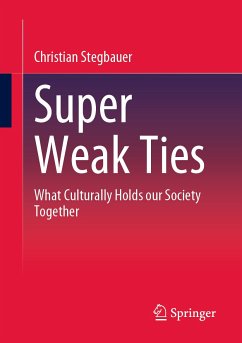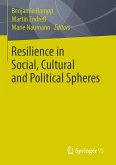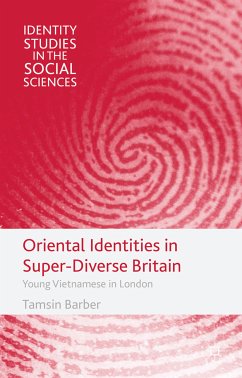The analysis of relationships is actually the domain of network research, which has traditionally focused on strong and weak ties. However, this book explores super weak ties, which are often not consciously perceived, as their significance unfolds behind the backs of us all. Although one can hardly speak of relationships in the traditional sense, these super weak ties are often just as influential as stronger ones.
The orienting effect is particularly pronounced when there are similarities in interests and situations between observers and those being observed. Without transmissions facilitated by super weak ties, it would be challenging to arrive at cultural commonalities in society.
The author
Prof. Dr. Christian Stegbauer teaches sociology andnetwork research at Goethe University Frankfurt.
The translation was done with the help of artificial intelligence. A subsequent human revision was done primarily in terms of content.
Dieser Download kann aus rechtlichen Gründen nur mit Rechnungsadresse in A, B, BG, CY, CZ, D, DK, EW, E, FIN, F, GR, HR, H, IRL, I, LT, L, LR, M, NL, PL, P, R, S, SLO, SK ausgeliefert werden.









